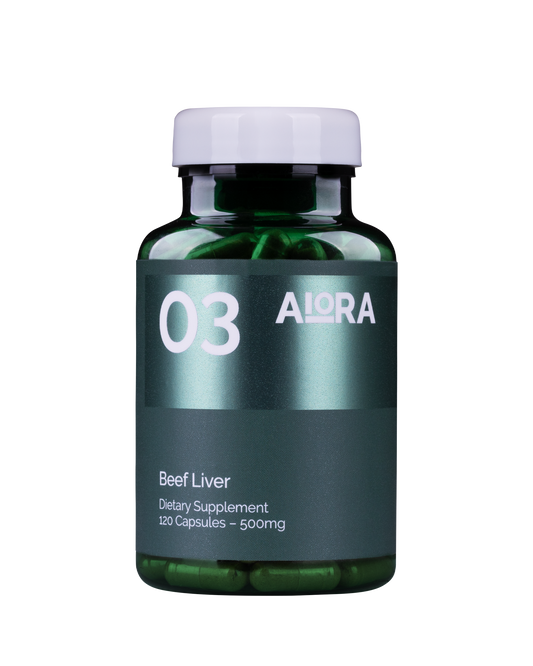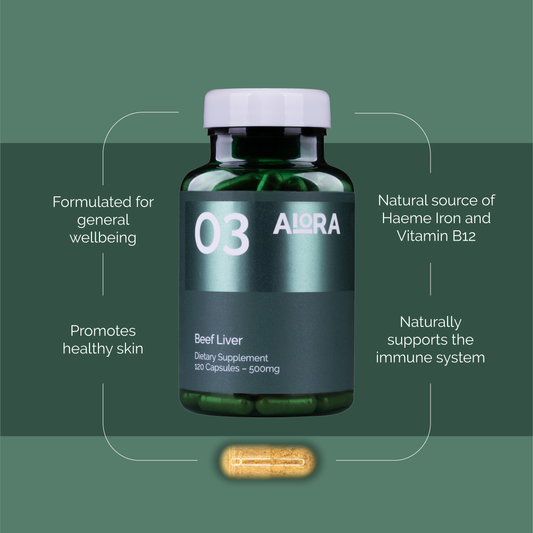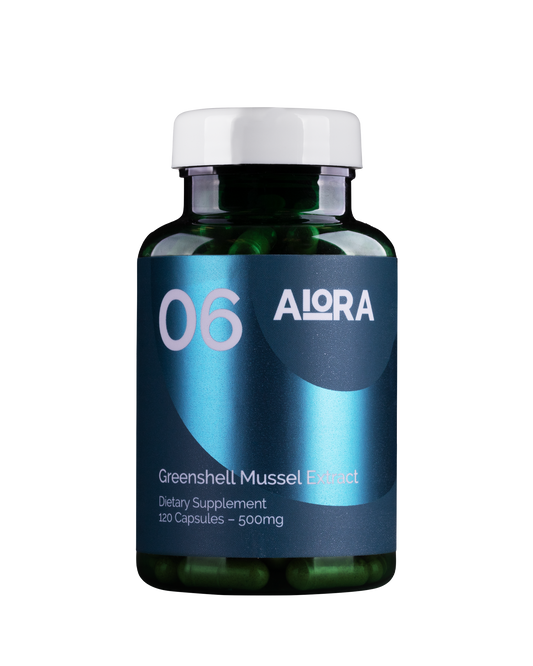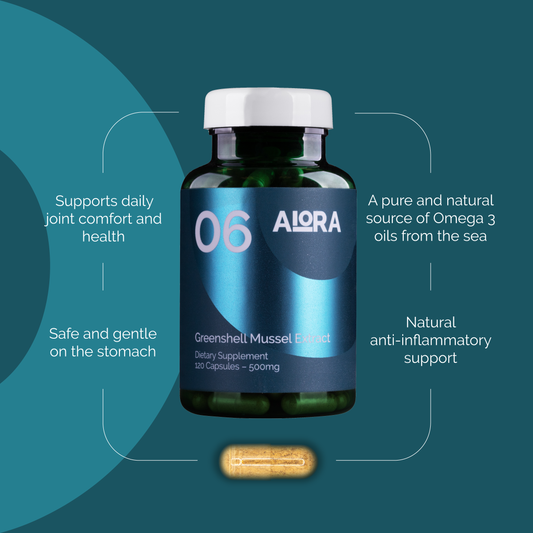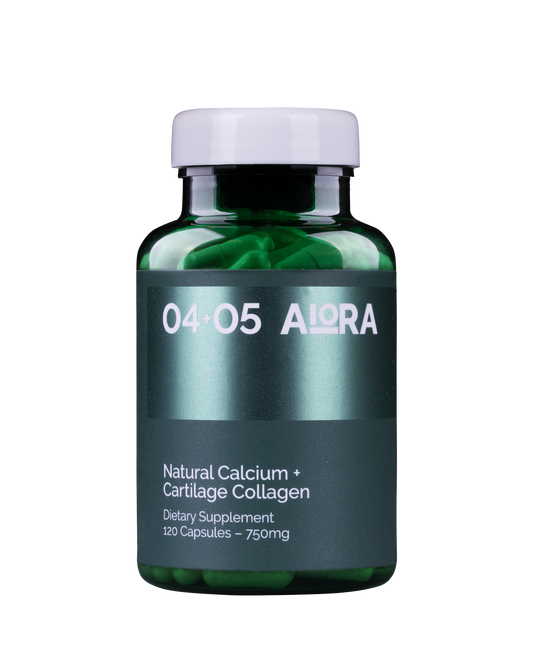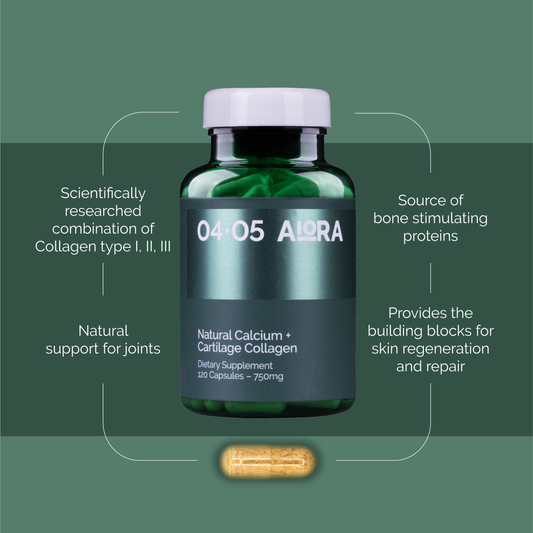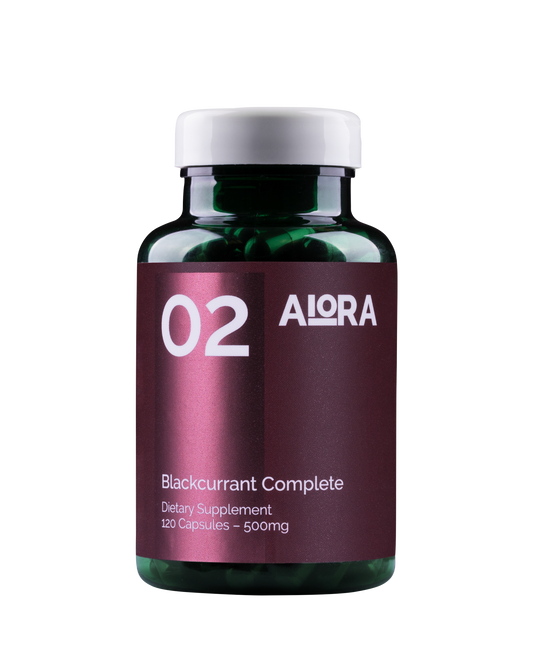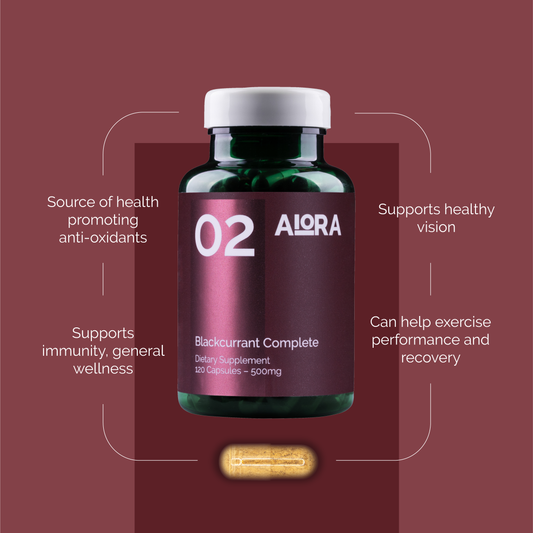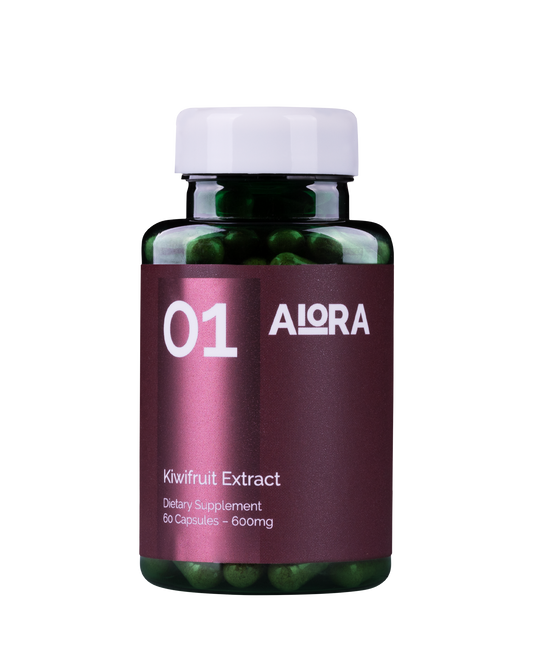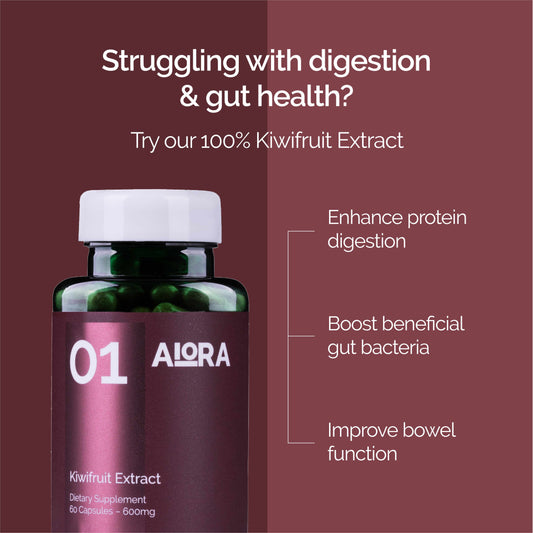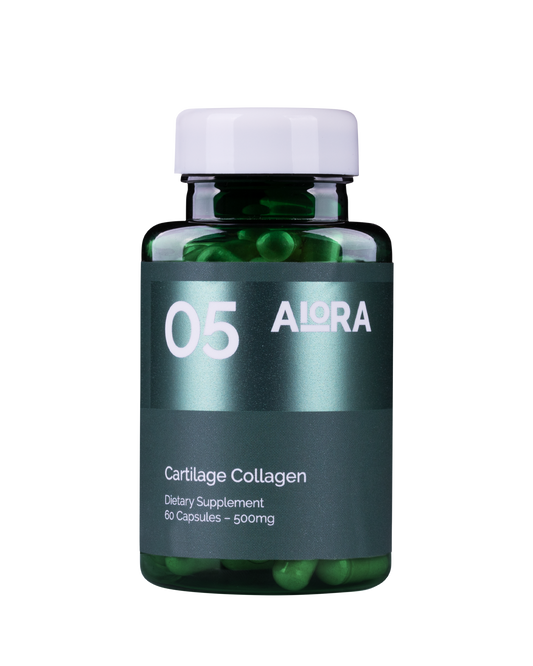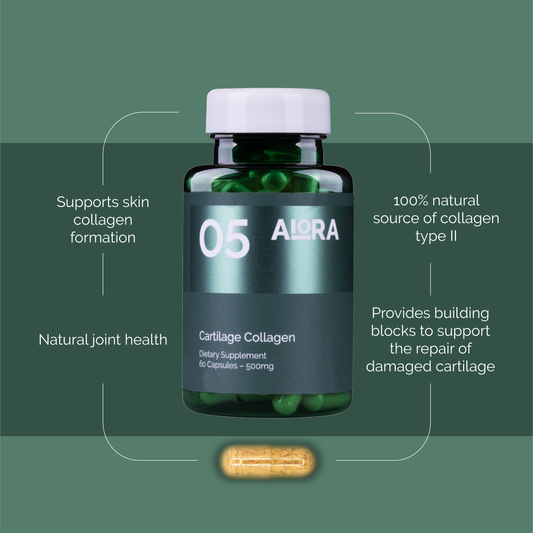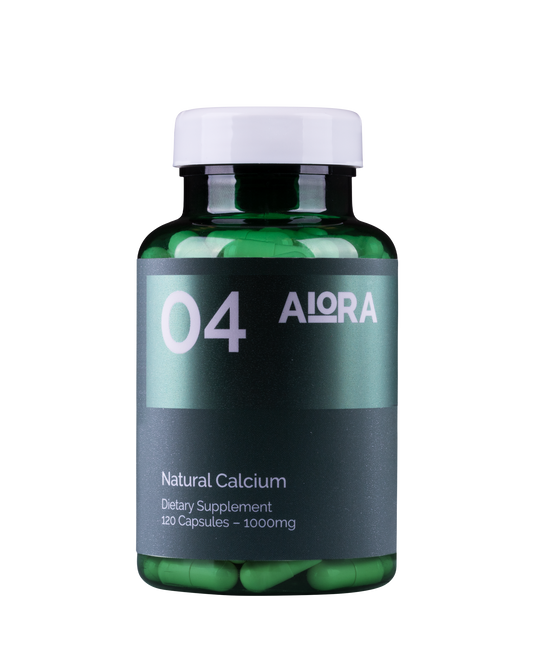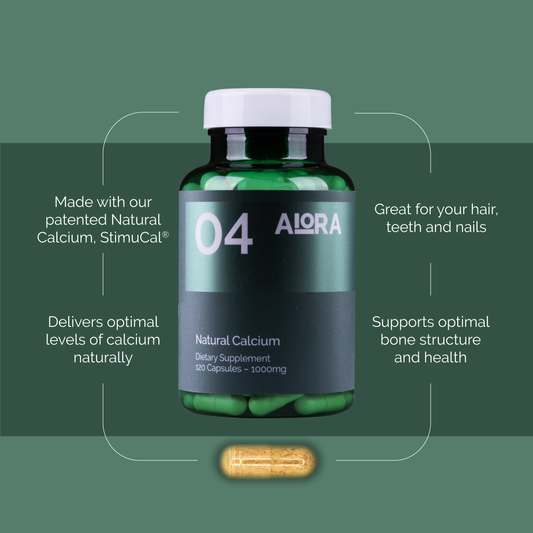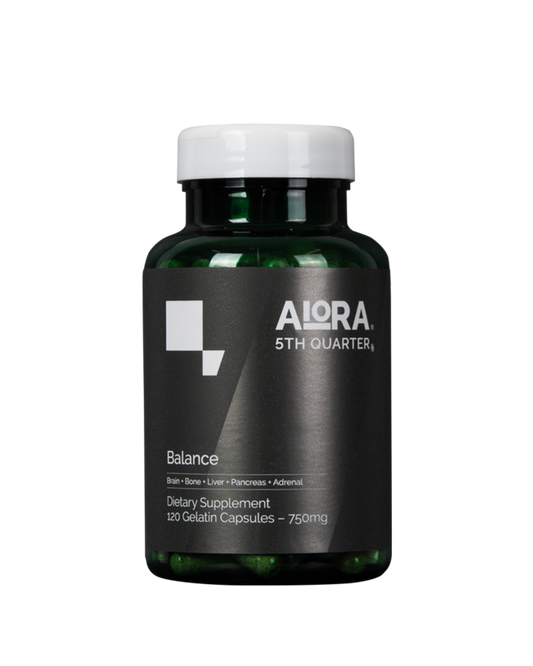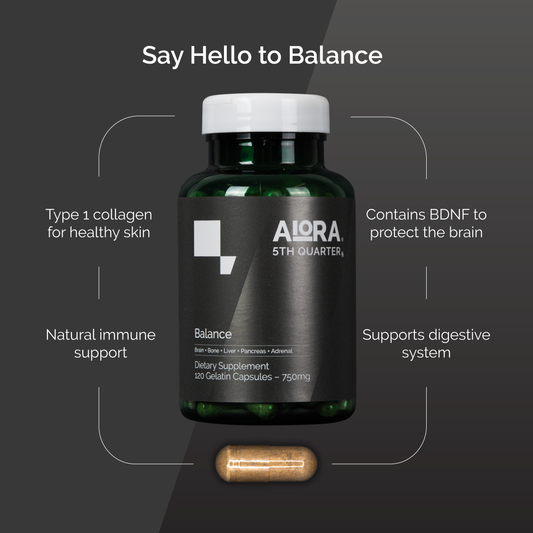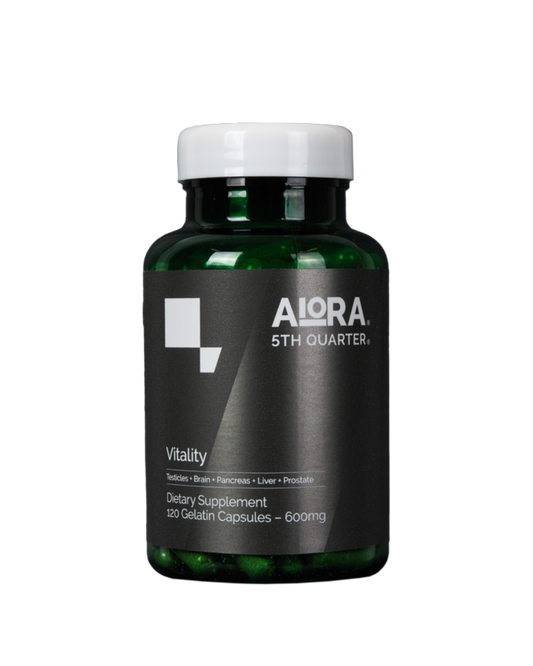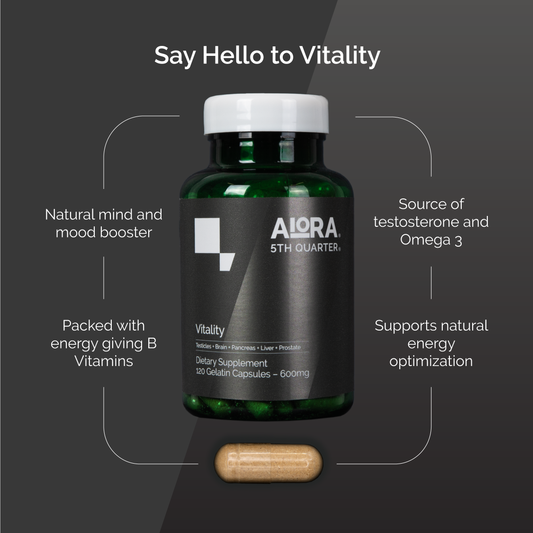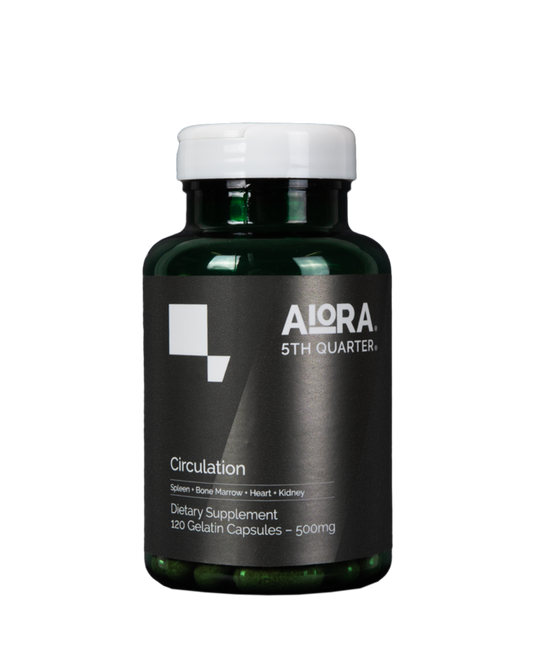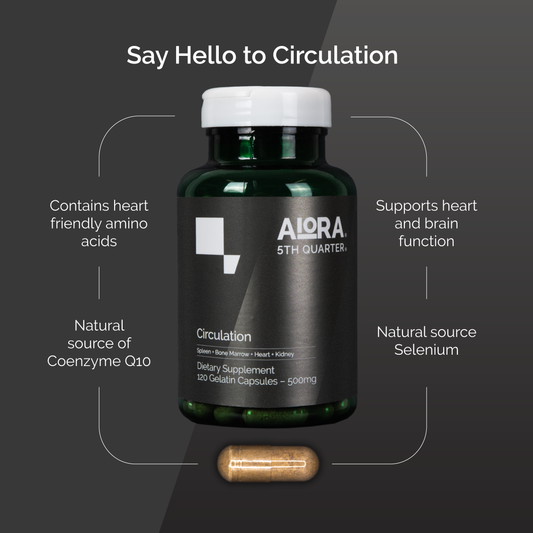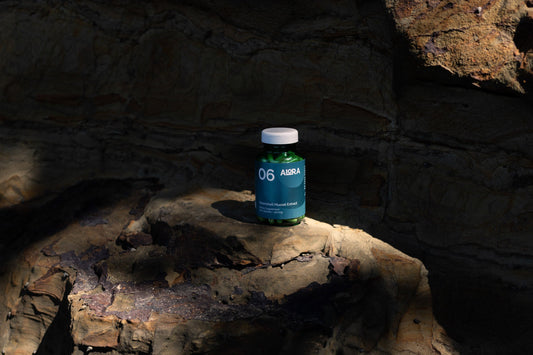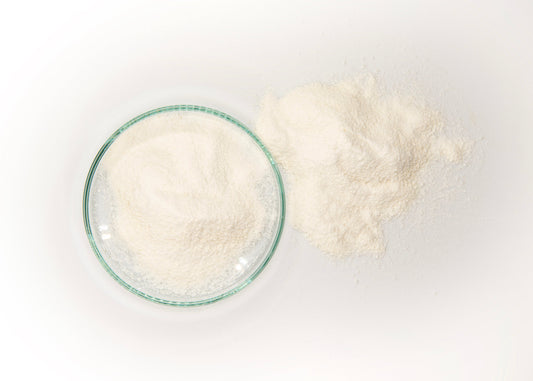Type I, II or III. Bovine, marine, porcine or chicken. Hydrolysed collagen peptides or non-hydrolysed?
You’d be forgiven if you were a little bit confused when it comes to collagen and what one to choose.
So, we’ve written a guide so you can make an informed decision when it comes to buying the right collagen for you.
What is collagen?
Collagen is the most abundant protein in the body, acting as a major building block of bones, skin, cartilage, tendons, ligaments and even teeth. Your body produces its own collagen, but as we age this production decreases over time, which contributes to ageing like wrinkles, sagging and degrading bones, joints and muscles. Collagen used to be a staple in many diets, with bone broth, organ meats and eating cartilage off the bone providing the protein naturally. But over time, people have moved away from this more traditional diet, replacing it with more lean muscle meats, or even cutting out meat altogether. A popular and easy way to get collagen in your diet is through supplementation. This is thought to replace the collagen your body no longer produces.
What do the different types of collagen mean?
While there several different types of collagen, types I, II and III are the main ones you will find in supplements. Each type of collagen has different functions or benefits.
Type I makes up about 90% of the body’s collagen. It is the structure for skin, bones, cartilage, tendons, teeth and connective tissue. It is well known for anti-ageing use and supporting hair, skin and nails.
Type II is found in the cartilage that cushions joints. Its most popular application is for joint, cartilage, bone and muscle support.
Type III, which is the second most abundant type found in the body, makes up tissues with elastic properties like skin, lungs, intestinal walls and blood vessels. It is also found in bone, cartilage, tendons, the gut and other connective tissue. It is popular for those wanting support for healthy skin and even gut health.
Where does the collagen come from?
There are four main sources of collagen. Bovine (cow), marine (fish), porcine (pig) and chicken. At AiOra, we use bovine collagen. This is derived from by-products of the meat industry, which would otherwise go to waste.
Our bovine collagen is made from the cartilage and bone from New Zealand cows, known for its natural collagen and calcium content. New Zealand beef is world renowned because the animals are grass-fed, free range, hormone free and humanely raised. Our bovine collagen is not sourced from cow hides, hooves or heads, like many other supplements.
What is the difference between these collagen sources?
Bovine:
Contains types I and III collagen. Type I collagen is known to support skin, hair and nail health, while type III benefits joint health. Because it is sourced from cows, it’s important to make sure you know your collagen comes from to ensure it was sourced from free-range, grass-fed and hormone free cattle. The happier the animal, the better quality the collagen will be.
Marine:
Marine collagen contains type I collagen, which is the most abundant form of collagen in the body. It is derived from either the skin, scales or skeletons. Type I is known as the most effective in fighting the signs of ageing when it comes to hair, skin and nails. Marine collagen ticks the boxes if you are pescatarian. However, it does tend to be more expensive and those with seafood allergies won’t be able to take it.
Porcine:
Porcine collagen is typically derived from pig skin or bone. Like bovine collagen it is important to know that those animals were farmed humanely, hormone free and were free range. It contains types I and III collagen so is thought to benefit hair, skin and nails. Porcine collagen is more affordable because it is easily accessible, but again, it is important to know where it comes from.
Chicken:
This type of collagen is typically sourced from the cartilage of the animal. Containing type II collagen, it is often associated with supporting joints, cartilage and other tissue.
What does hydrolysed collagen or collagen peptides mean?
Hydrolysed collagen is basically the process of using enzymes to break down the size of the collagen into smaller and more easily absorbed pieces. These are called peptides. It is thought peptides are more easily absorbed by the body. However, research shows all forms of collagen are broken down into amino acids during the digestion process. AiOra Bone + Joint is not hydrolysed. It is less processed to retain all the good bioactives in their natural form.
So, there you have it. Now you can make an informed choice when it comes to deciding what collagen is right for you. AiOra 05 Cartilage Collagen contains collagen types I, II and III, while AiOra 04+05 Natural Calcium & Cartilage Collagen contains type I collagen.


